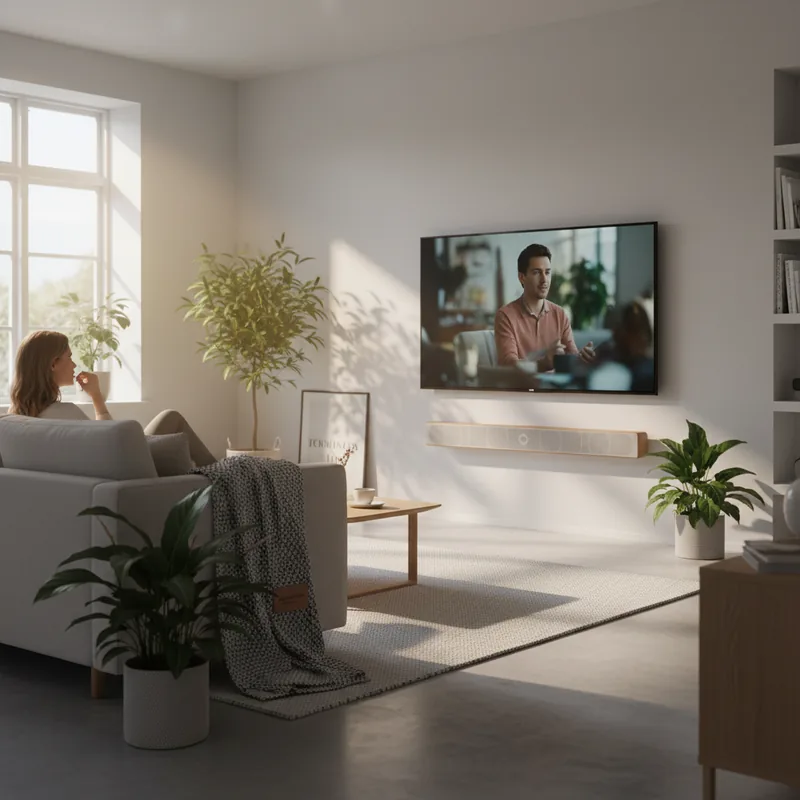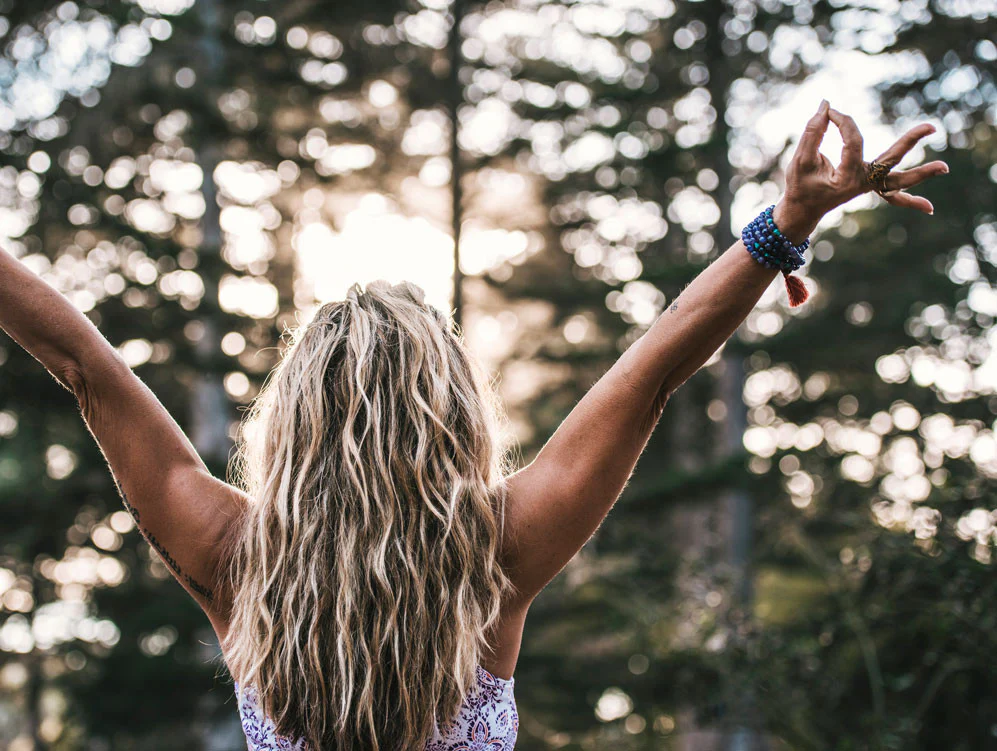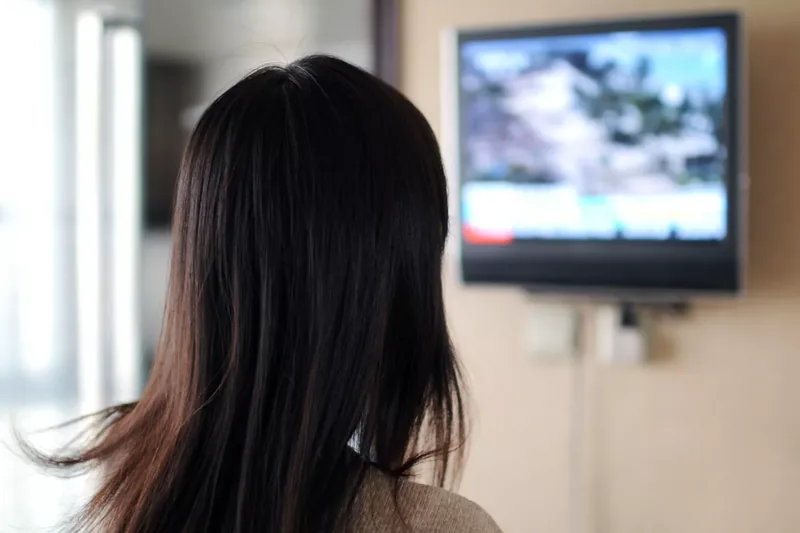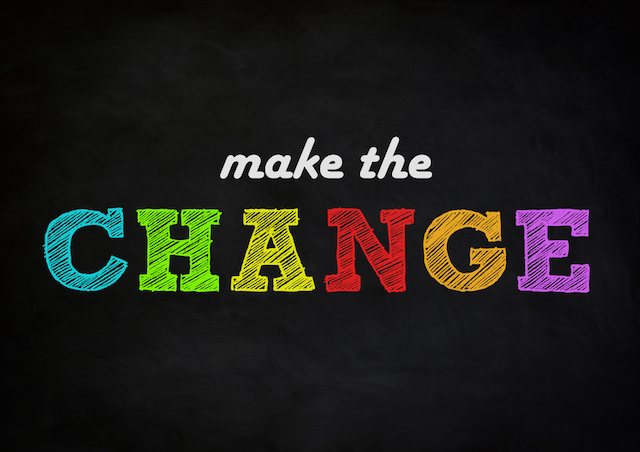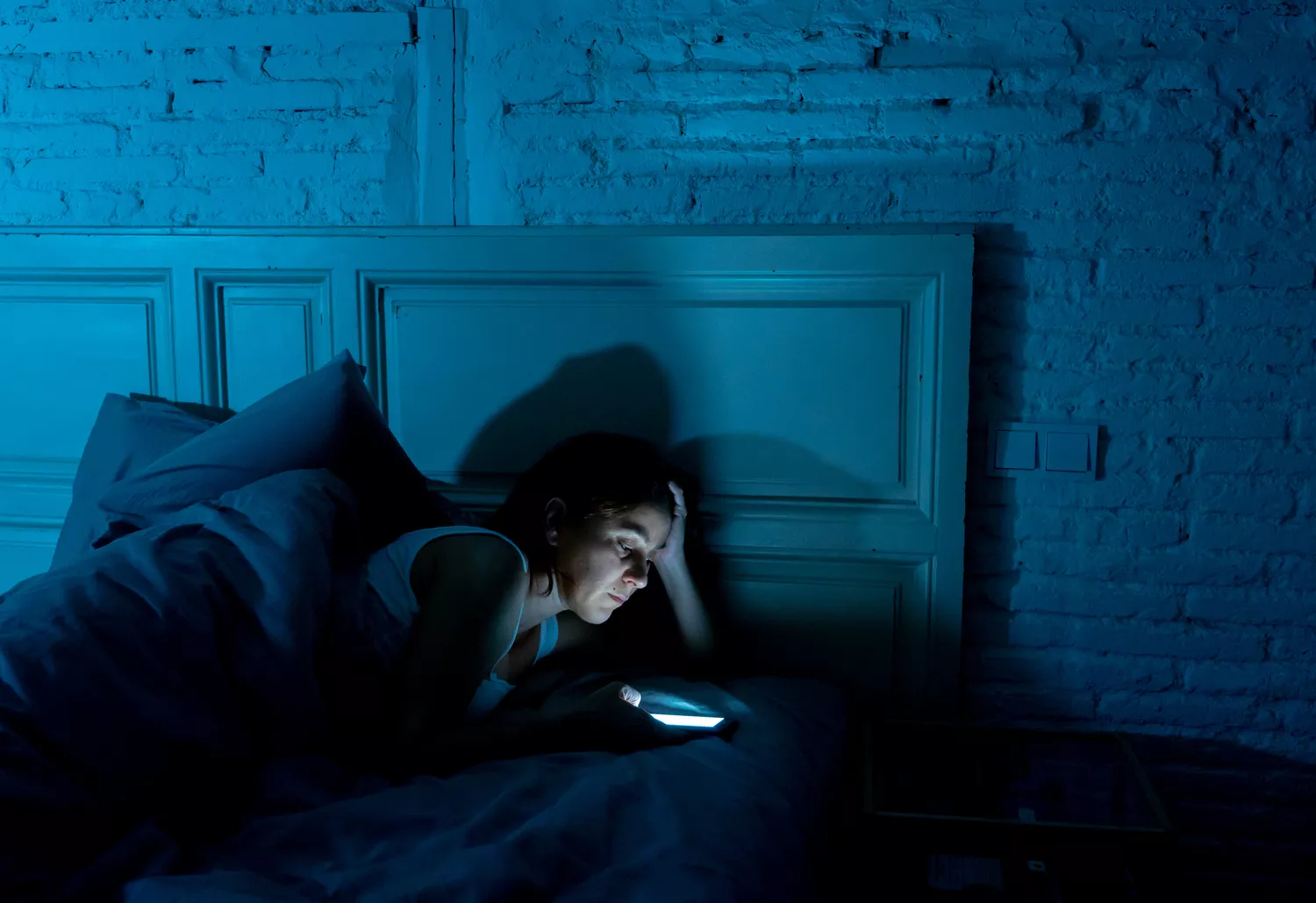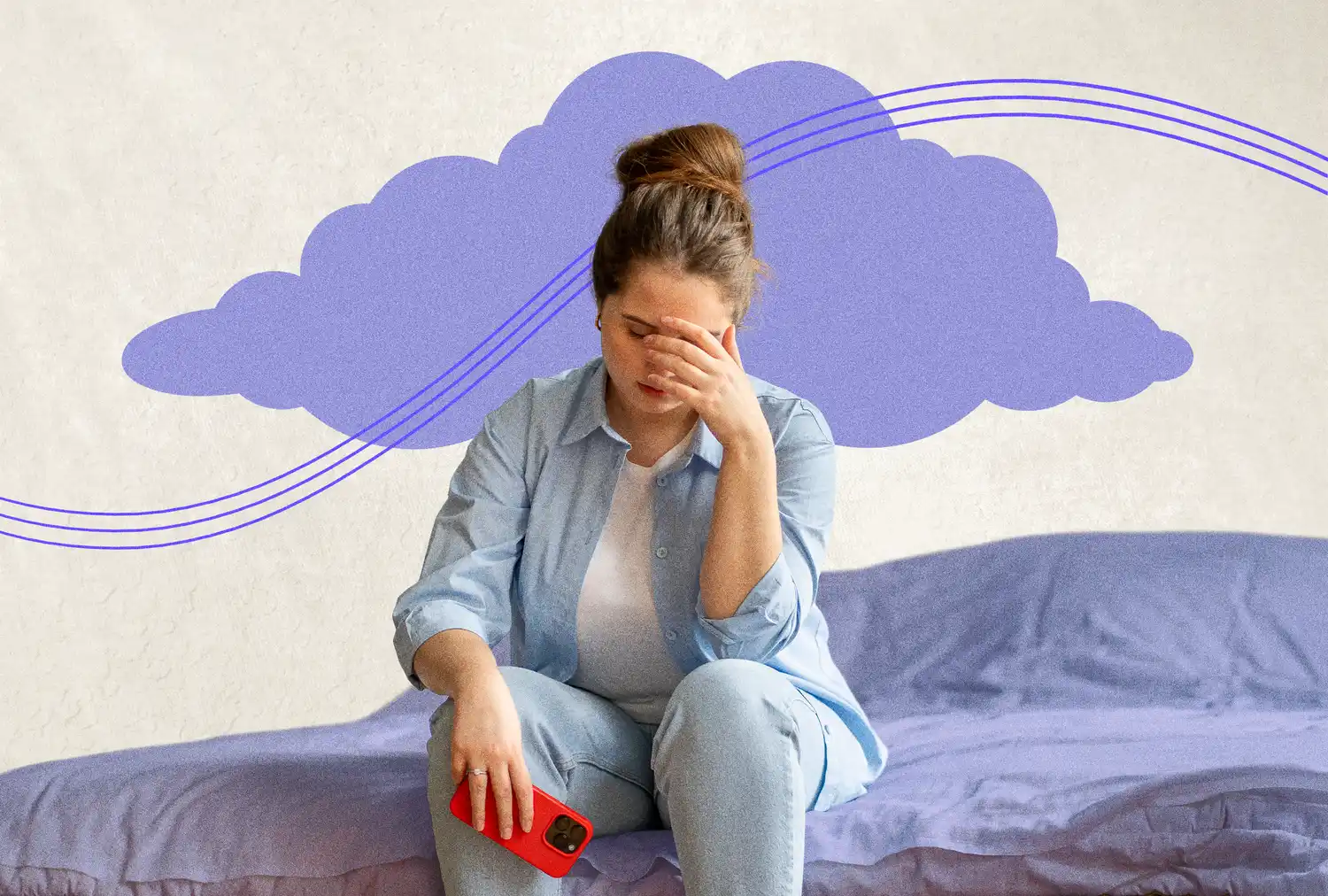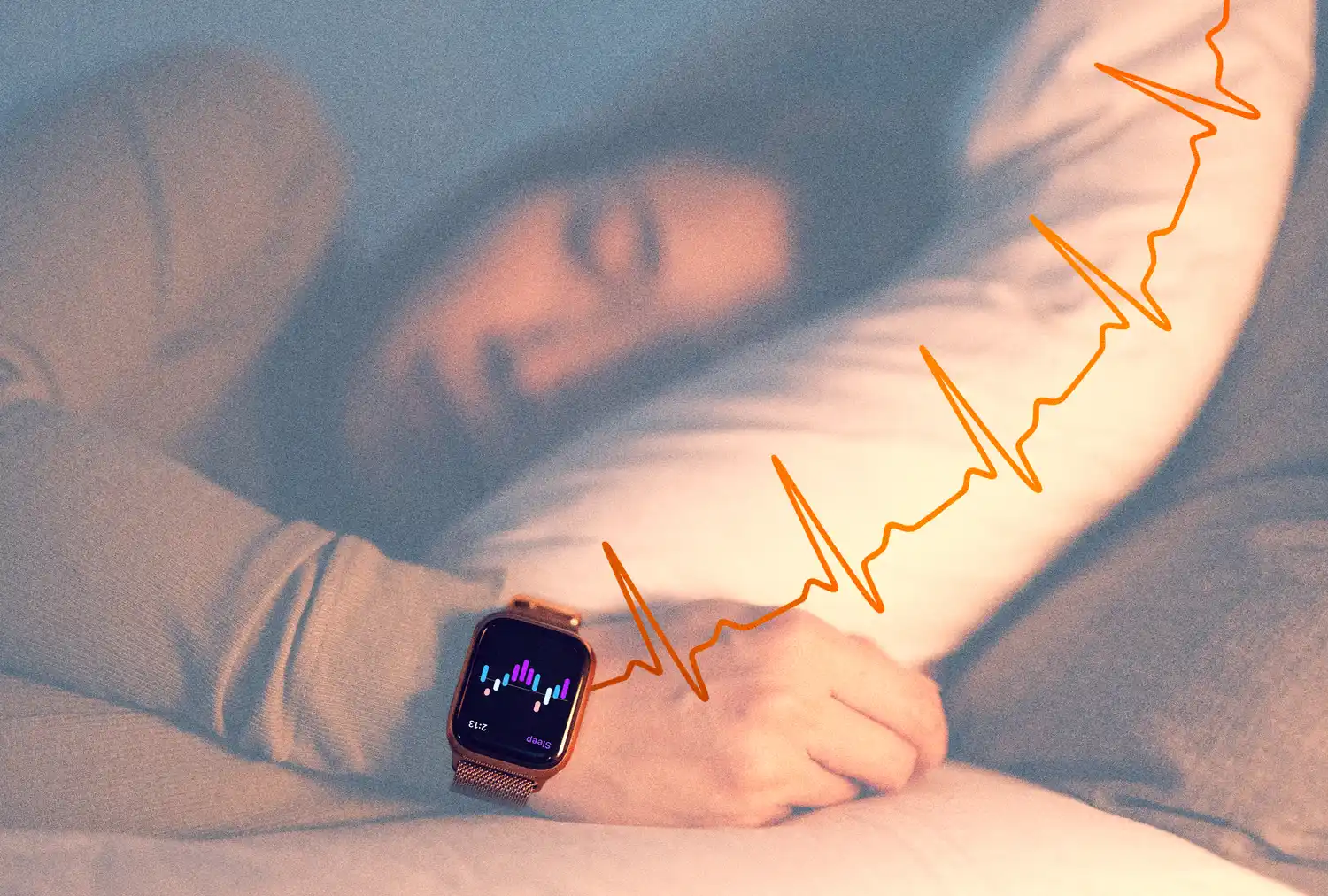The Ultimate Guide to Sleep Hygiene That Matters in 2025
Are you tired of waking up feeling exhausted despite "following all the rules" for good sleep? You're not alone. Research from the Sleep Foundation (2024) shows that 65% of adults struggle with sleep quality, often due to following outdated or ineffective sleep hygiene advice. This comprehensive guide separates evidence-based strategies from common myths, giving you the sleep transformation you deserve.
Why Sleep Hygiene Matters in 2025
Recent studies from Harvard Medical School (2023) demonstrate that proper sleep hygiene can improve cognitive function by 40% and reduce stress levels by 35%. With the increasing demands of modern life and digital distractions, implementing effective sleep practices has become more critical than ever for mental health and overall wellbeing.
The Science Behind Quality Sleep
Sleep hygiene isn't just about bedtime routines—it's about creating optimal conditions for your body's natural sleep-wake cycle. Research published in the Journal of Clinical Sleep Medicine (2024) confirms that consistent sleep schedules and proper sleep environment account for 70% of sleep quality improvements. Your circadian rhythm responds to light, temperature, and routine cues that either support or disrupt restorative sleep.
7 Proven Sleep Hygiene Strategies That Actually Work
1. Optimize Your Sleep Environment
- Temperature control: Maintain bedroom temperature between 60-67°F (15-19°C)
- Light management: Use blackout curtains and eliminate blue light from devices 2 hours before bed
- Noise reduction: Consider white noise machines or earplugs for consistent sound environment
2. Establish Consistent Sleep-Wake Times
Going to bed and waking up at the same time daily—even on weekends—strengthens your circadian rhythm. A 2024 study found that consistency improves sleep efficiency by 25% compared to variable schedules.
3. Master the Pre-Sleep Wind Down
Create a 60-minute buffer zone before bed with relaxing activities:
- Reading physical books (not screens)
- Gentle stretching or meditation
- Warm baths or showers to lower core body temperature
4. Smart Light Exposure Management
Get bright light exposure in the morning and reduce artificial light in the evening. Research shows morning sunlight exposure can advance your sleep cycle by up to 30 minutes.
5. Mindful Eating and Drinking Habits
- Avoid large meals 3 hours before bedtime
- Limit caffeine after 2 PM
- Reduce alcohol consumption, which fragments sleep architecture
6. Create a Bed-Only-for-Sleep Association
Strengthen the mental connection between your bed and sleep by avoiding work, eating, or screen time in bed.
7. Implement Progressive Relaxation Techniques
Practice deep breathing exercises or progressive muscle relaxation to signal your nervous system that it's time to wind down.
Common Sleep Hygiene Mistakes to Avoid
❌ Over-relying on Sleep Trackers
While helpful for trends, obsessing over sleep data can increase anxiety and worsen insomnia. Focus on how you feel rather than perfect scores.
❌ Staying in Bed When Unable to Sleep
If you haven't fallen asleep within 20 minutes, get up and do something relaxing until you feel sleepy. This prevents associating your bed with frustration.
❌ Using Sleep Aids as Long-Term Solutions
Over-the-counter sleep medications can disrupt natural sleep patterns. Consult healthcare providers for persistent sleep issues.
Advanced Sleep Optimization for Busy Professionals
For those with demanding schedules, consider these expert-recommended strategies:
Strategic Napping
Limit naps to 20-30 minutes before 3 PM to avoid interfering with nighttime sleep. Research shows brief naps can improve alertness without sleep inertia.
Sleep Banking
When anticipating sleep deprivation, adding extra sleep beforehand can help mitigate performance declines.
Caffeine Timing Optimization
Time caffeine intake strategically—the half-life of caffeine is 5-6 hours, so afternoon consumption can significantly impact sleep quality.
Your 21-Day Sleep Transformation Plan
Week 1: Foundation Building
- Set consistent wake-up time (even weekends)
- Create optimal sleep environment
- Establish 60-minute pre-bed routine
Week 2: Habit Reinforcement
- Implement all 7 core strategies
- Track sleep quality and energy levels
- Adjust timing based on personal response
Week 3: Advanced Optimization
- Fine-tune environmental factors
- Incorporate relaxation techniques
- Evaluate and maintain successful strategies
Frequently Asked Questions
What is the most important sleep hygiene practice?
Consistency in sleep-wake times matters most, as it directly strengthens your circadian rhythm and improves sleep efficiency by up to 25%.
How long does it take to see improvements in sleep quality?
Most people notice significant improvements within 1-2 weeks of consistent practice, with optimal results appearing after 3-4 weeks of maintained routines.
Can sleep hygiene help with insomnia?
Yes, research shows proper sleep hygiene can reduce insomnia symptoms in 60-70% of cases, though chronic insomnia may require additional professional treatment.
Is it better to sleep 8 hours straight or split sleep?
For most adults, consolidated nighttime sleep is optimal, though individual variations exist. Focus on sleep quality and daytime alertness rather than rigid hour counts.
Key Takeaways
Effective sleep hygiene matters because it directly impacts your mental clarity, emotional resilience, and overall health. By implementing these evidence-based strategies consistently, you can transform your sleep quality and wake up feeling truly rested. Remember that sleep hygiene is personal—experiment to find what works best for your unique needs and lifestyle.
Note: This article synthesizes current sleep research and expert recommendations. Individual sleep needs vary, and persistent sleep issues should be discussed with healthcare providers.


